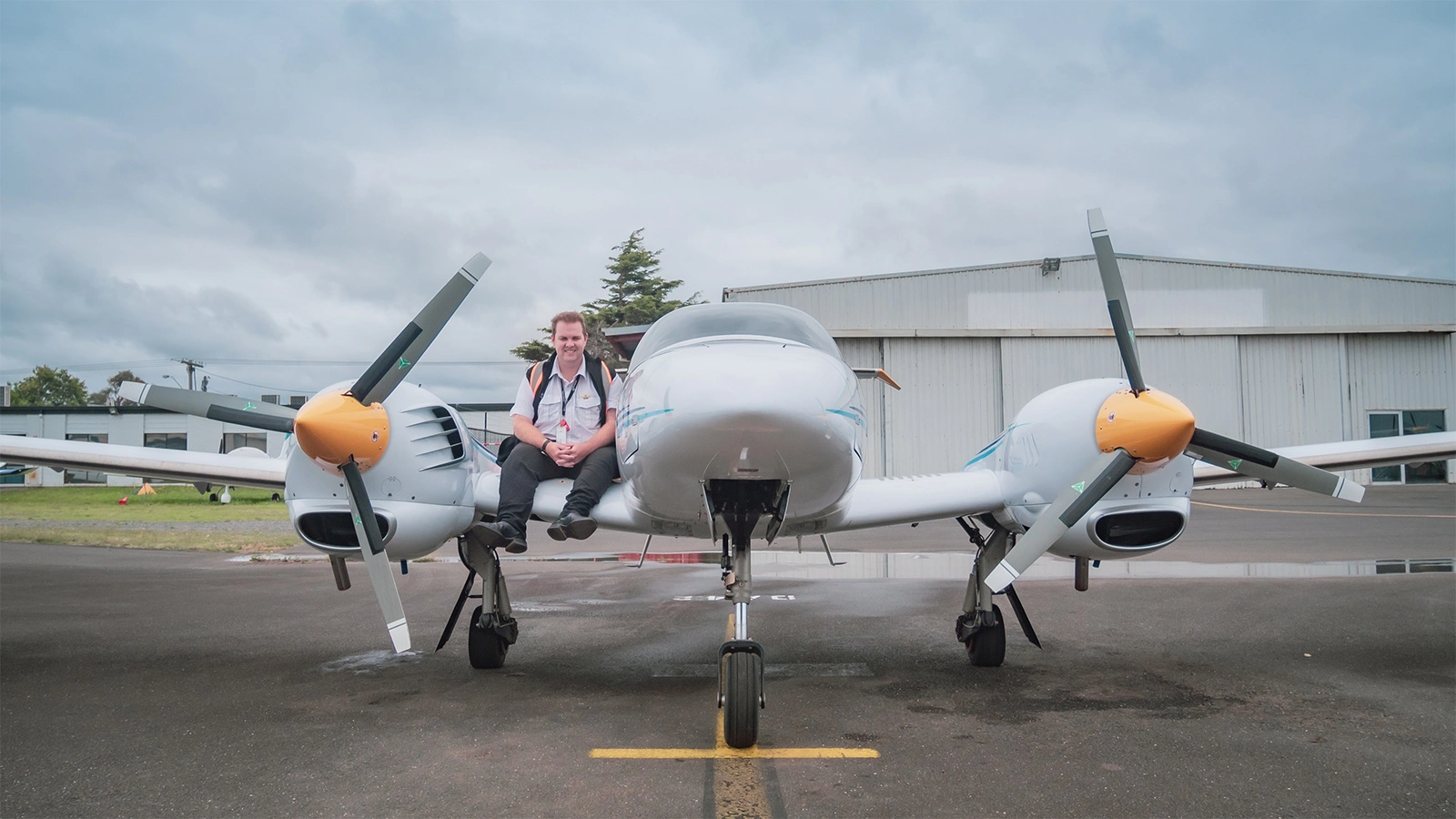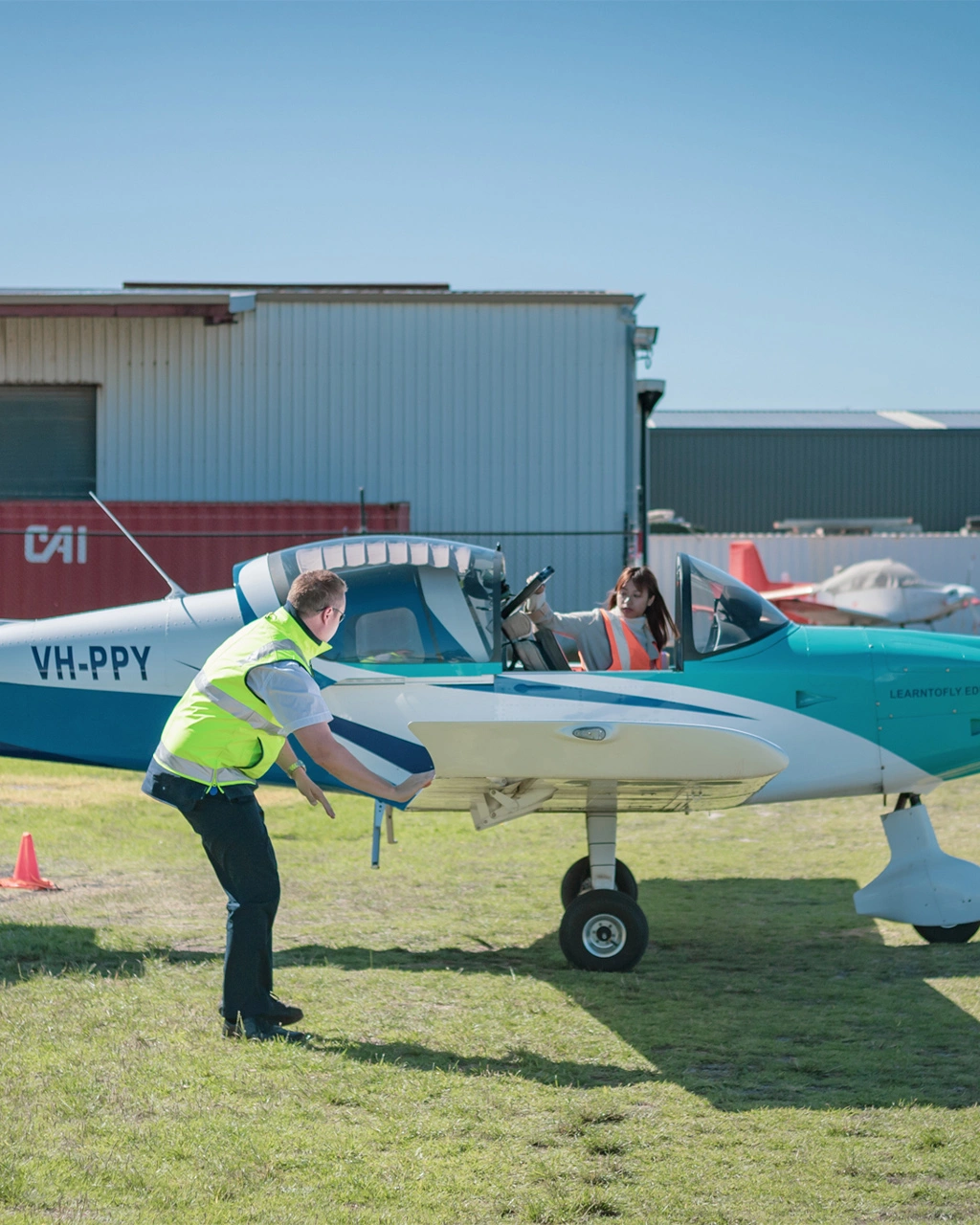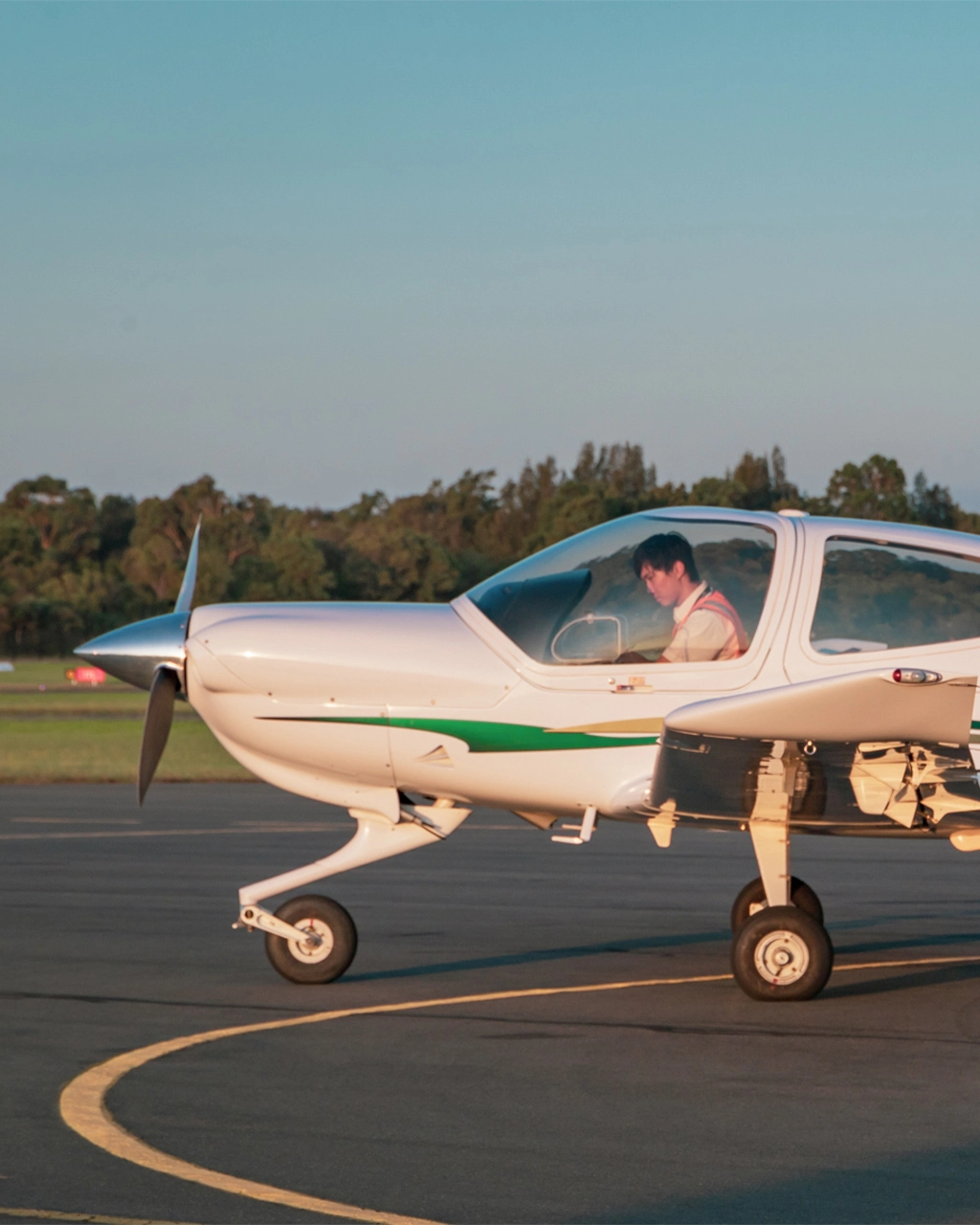
Safer and more efficient flying.
Pilot Fatigue Management Awareness Training
Select delivery methods

Commencing in
Duration
Develop Better Fatigue Management Strategies
Fatigue Management is often underestimated as a key factor in risk management strategies for pilots and flying organisations. Our Fatigue Management & Awareness Training (FMAT) Course has been developed based on recommendations from both CASA locally and ICAO globally. Through a range of modules, the course provides an in-depth look at the science behind fatigue, how to identify the key indicators, and how to develop better management strategies for yourself and your flying organisation.
Talking About Fatigue Leads To Safer Flying
A big part of Fatigue Management is knowing how to identify areas of improvement and being comfortable to discuss how it affects you personally, as well as your colleagues. Understanding fatigue and having the tools to develop better fatigue management strategies lead to safer and more efficient flying. This course has been designed to benefit all aspects of flight training and operations and is aimed at pilots at any stage of their career, as well as operators of flying organizations.
-
1. What Is Fatigue?
The concept of fatigue and adequate rest is often underestimated, and not discussed nearly enough. We will look at what fatigue is in detail, and consider its relationship and importance within the field of aviation.
-
2. The Science Behind Fatigue
Fatigue is more than just needing to sleep. We examine the science and physiology behind fatigue, and what our body is doing when fatigue takes over. This leads to detailed discussions from our own personal experiences, and practical exercises to highlight the impacts of fatigue in our day-to-day aviation operations.
-
3. Fatigue As A Factor In Aviation Incidents
Human Factors are often a huge consideration in aviation incidents, accidents and near misses, and one of the most critical human factors is fatigue. We review and examine a number of notable aviation incidents, with particular emphasis on fatigue and how it contributed to the circumstances of these events.
-
4. Fatigue Management In Aviation
Continuing on from earlier discussions relating to the science of fatigue and fatigue’s role in aviation, we will consider the key aspects of your future day-to-day operations. These will be examined, to create strategies that will help to identify areas where we can mitigate the risks and impacts of fatigue.
-
5. FRMS 1: How Do We Currently Manage Fatigue?
In this group discussion module, we talk about how fatigue is currently identified and managed by us as individuals and within our organisations. We question whether we are talking enough about fatigue and whether an efficient Fatigue Risk Management Strategy (FRMS) exists, with a view to developing more effective policies.
-
6. FRMS 2: Future Strategies For Improved Management
Following on directly from the FRMS 1 module, we take a more detailed look at your own organisation and how you can create more effective strategies for managing fatigue. We discuss rostering and schedules, how to create a “Just Culture” environment where fatigue can be discussed openly, and consider the different approaches we can take towards more effective fatigue management based on our improved knowledge.
Supercharged by Learn To Fly
Course Content
Every student pilot should enjoy flying. Learn To Fly is constantly creating resources to help students do just that. Not only modern aircraft, but also facilities, experienced instructors and curriculums to create magical learning experiences and make every moment of air time worth it.
See why there’s no better place to learn to fly.
Our Graduate
Joshua Best“An understanding of fatigue management is something that you should continue to develop beyond your CPL theory and flight training, and discussing different ideas and concepts with others produces far more effective results. Created in conjunction with an airline Check and Training Captain, this course explores challenges that have been experienced by others in a Just Culture group environment, to invite open discussion and develop fresh strategies for managing fatigue.“
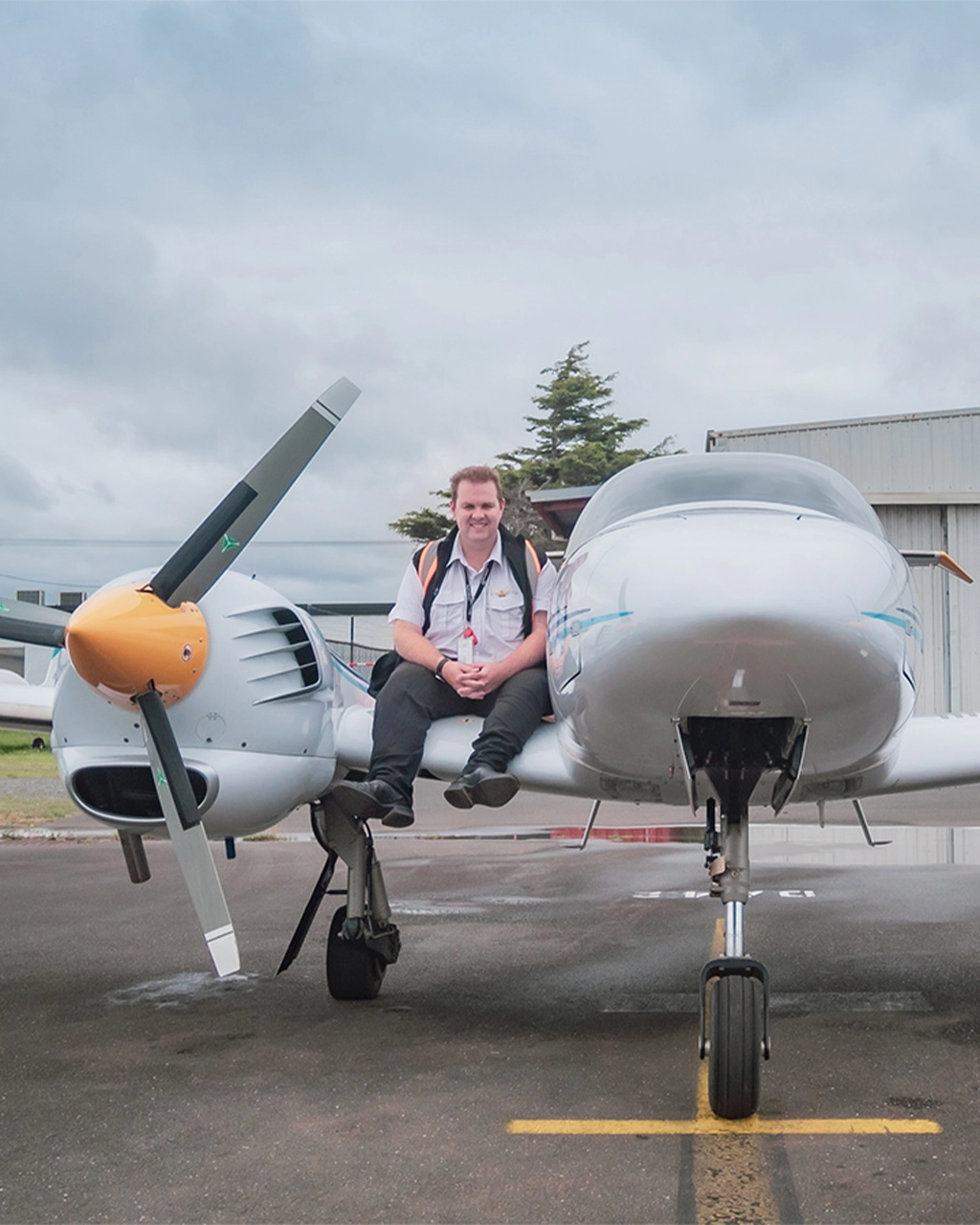
Start Your Flight Training Now.
Download Our FREE Course Guide
Our training program will support your learning and develop your flying skills in and out of the classroom. For detailed information on the course, including program introduction, prerequisites, training syllabus, fees and more, please download our FREE Course Guide.






